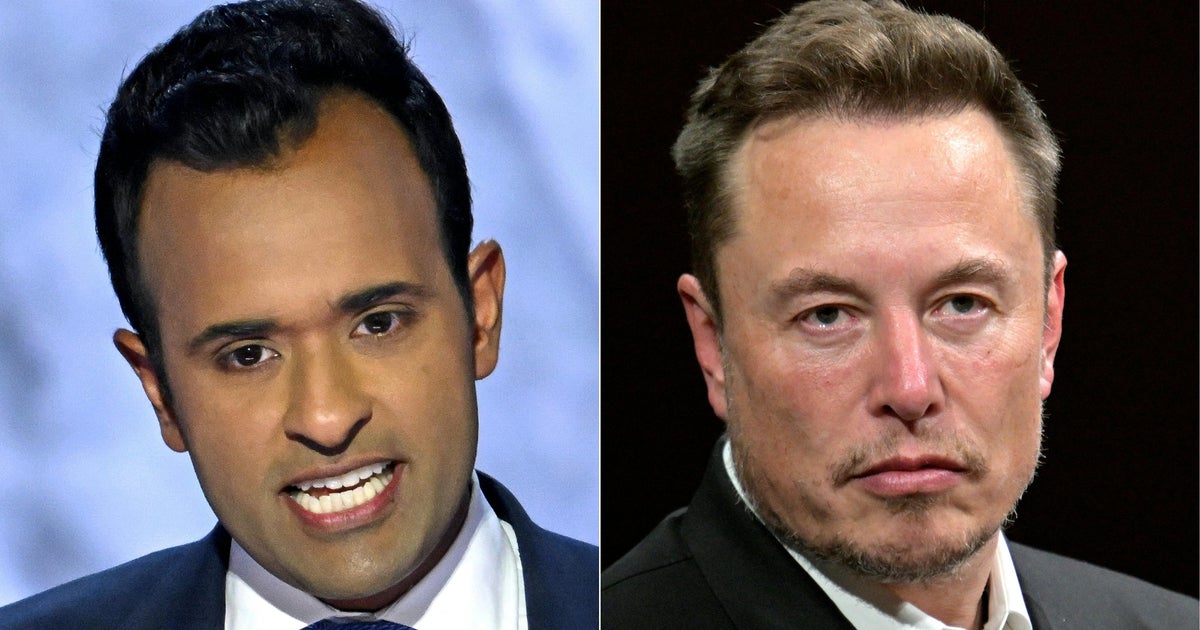AstraZeneca says COVID-19 vaccine could arrive in January of next year
A long-awaited coronavirus vaccine could be available in roughly two months, according to drugmaker AstraZeneca, which is developing a treatment.
The Anglo-Swedish drugmaker is working with the University of Oxford to develop one of the most closely watched COVID-19 vaccines, which is in late stage trials in the U.S., the U.K. and other countries to determine its safety and effectiveness. Once those results are reported, regulators will have to approve the vaccine for widespread use.
AstraZeneca said it will analyze data from its vaccine trials in November and December. If the results look promising, it will move quickly to ramp up manufacturing and obtain government approval in the U.S. and elsewhere, Chief Executive Pascal Soriot said Thursday.
"We will be ready to supply hundreds of millions of doses of vaccine around the world starting January," Soriot said during an earnings conference call Thursday.
AstraZeneca and Oxford have been testing a vaccine in the U.S. for weeks. The trials stopped in September after one participant experienced adverse reactions. AstraZeneca and Oxford restarted trials last month.
AstraZeneca and Oxford are considered the leading candidates in the race to develop an effective COVID-19 vaccine. The university has also been conducting phase-three trials in Brazil and South Africa.
Other companies conducting trials
Other companies, including Moderna and Pfizer, are also conducting vaccine trials. Moderna said its vaccine won't be ready for widespread use until next spring. Pfizer said it could apply for emergency use of its vaccine at soon as later this month. If so, a possible vaccine from would come to the U.S. just as the nation is seeing an all-time high in COVID-19 cases.
Daily new confirmed cases in the U.S. of coronavirus have surged 45% over the past two weeks, to a 7-day average of 86,352, according to John Hopkins University data. COVID-related hospitalizations are also setting records across the country.
Aside from the vaccine, AstraZeneca officials said they're developing a "long-acting antibodies" treatment that they said would boost immune systems and protect vulnerable populations from future COVID-19 outbreaks. The treatment would protect for six months or a year depending on dosage, the company reported.
"Everyone gets it"
"So whether you're positive or negative, it doesn't matter, everyone gets it," AstraZeneca executive vice president Menelas Pangalos said during the conference call. "Imagine a care home [facility] having an infection. You can go and immunize everyone in the care home and give them immediate protection."
AstraZeneca and Oxford have pledged to provide their COVID-19 vaccine on a nonprofit basis during the pandemic. AstraZeneca will continue to supply the vaccine to developing countries without profit after the pandemic is brought under control, and wealthy countries will pay a "relatively low cost," Ruud Dobber, president of the company's U.S. unit, told the Associated Press.
AstraZeneca was originally scheduled to deliver millions of vaccines by September. The delay in developing the vaccine is partly due to the drop in COVID-19 cases earlier this year, which slowed the progress of human trials that rely on subjects being exposed to the disease naturally, Soriot said.
AstraZeneca gave its vaccine update the same day it reported third-quarter earnings. Revenue rose 3% to $6.5 billion in the quarter and profits fell 1% to $1.8 billion.
The Associated Press contributed to this report.



